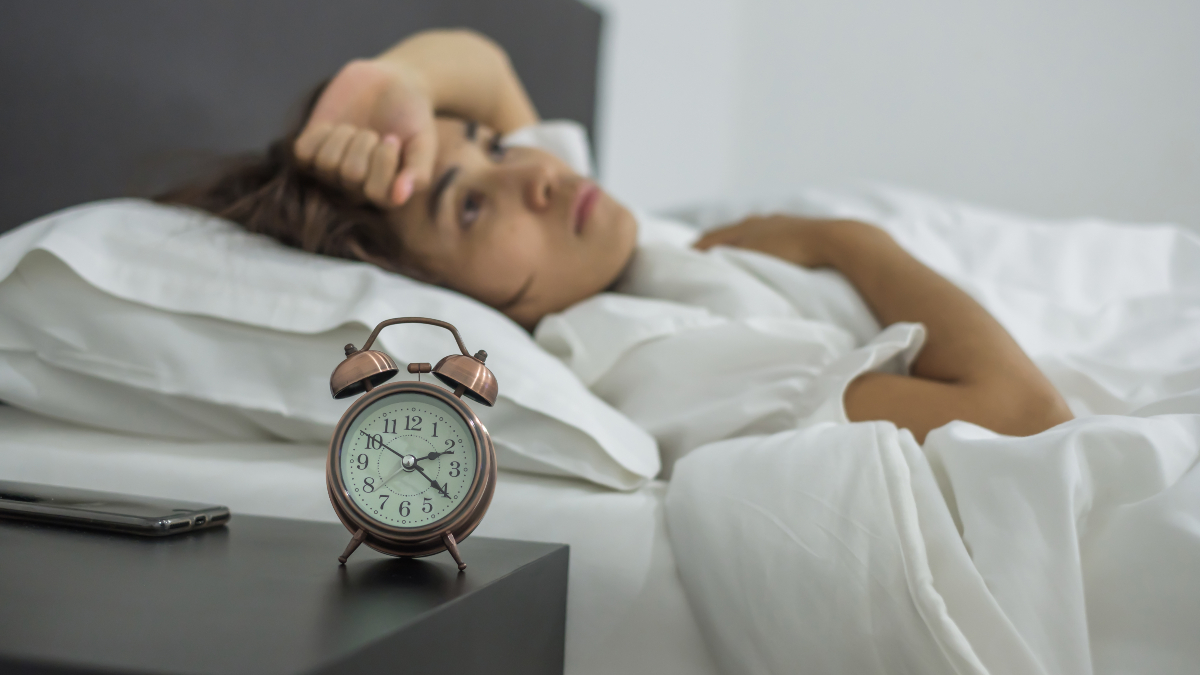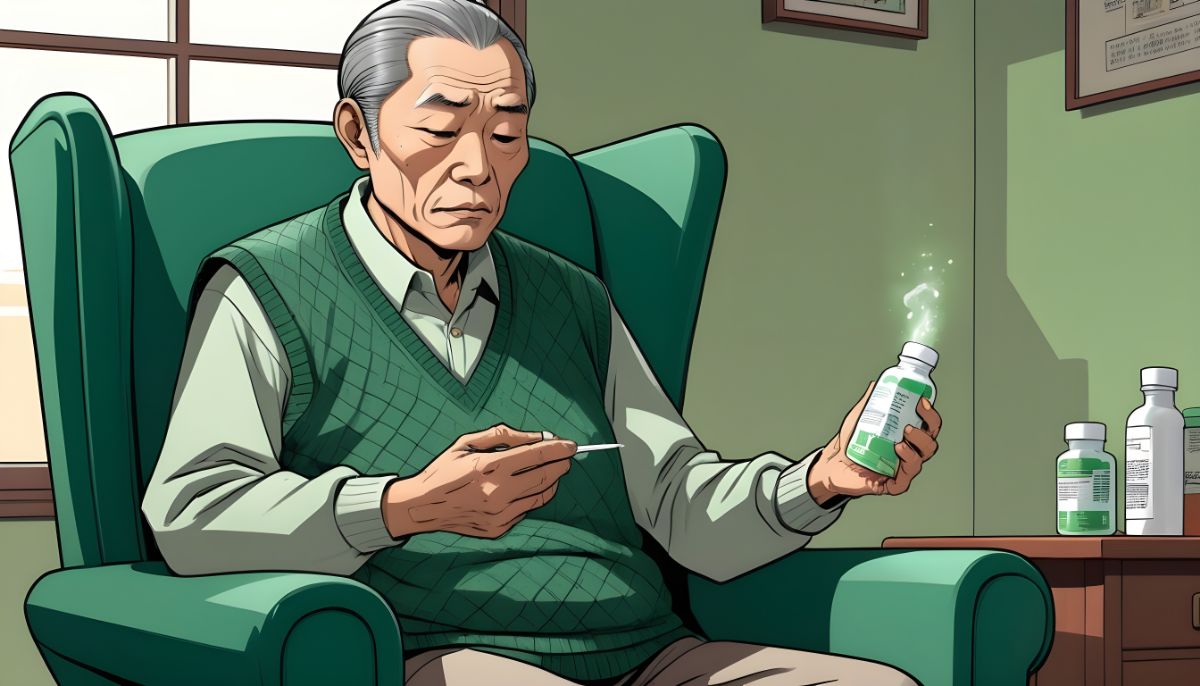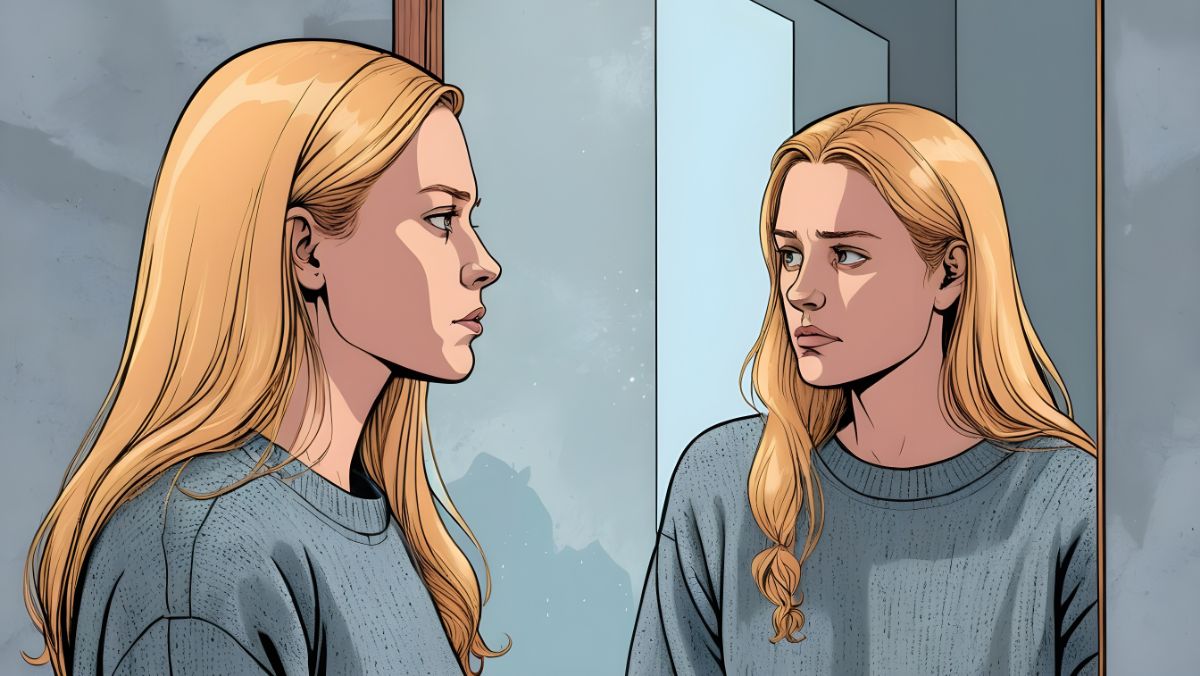
Insomnia is an incredibly frustrating problem that can be hard to deal with. It’s not just the sleepless nights that are difficult, but the lack of sleep impacts every aspect of your day-to-day life. What’s more, insomnia often becomes a vicious cycle because you’re tired all day and then you have trouble sleeping at night! This article will give you some great ideas for how to break out of this vicious cycle.
Practice Relaxation Techniques
If you’re having trouble sleeping, stress is probably a big part of the problem. After all, your body releases stress hormones that keep your mind from being able to relax and sleep well. That’s why it’s essential to practice techniques like yoga or meditation before bed if insomnia is truly impacting your life. Yoga can be particularly helpful since it combines movement with breathing exercises that help you de-stress quickly (without the use of any kind of medication). It also strengthens your muscles and improves blood circulation!
You’ll feel more relaxed after 10 minutes of yoga than you would after laying in bed for hours waiting for sleep to come. Meditation is another great choice, it puts you in a calm state where sleep comes easily. If you don’t have time to take a yoga or meditation class before bed, try watching videos on YouTube or listening to guided meditations. You can even do these in the privacy of your own living room!
Consider Using Herbal Remedies And CBD products for Sleep Support
If relaxation techniques aren’t enough to help your insomnia issues, it’s worth considering herbal products with melatonin (which can be taken as a supplement) or valerian root (which is available in tea form). Melatonin and CBD melatonin gummies are some of the most common sleep aids because they are natural, and after all, your body already has an endocannabinoid system within itself, along with the ability to produce melatonin on its own. It’s also safe, you simply take a pill or a gummy bear an hour before bedtime so that your body has time to process the melatonin and get you ready to fall asleep quickly.
Valerian root is another herbal sleep aid that’s helpful for stress-related insomnia, so if anxiety or depression keep you from sleeping well at night, this may be the better choice for you. This herb also has sedative properties and can help calm your body and mind. Although these herbal options are effective and safe, note that they’re not meant to replace actual medical treatment, rather, consider them as a way to take some of the pressure off while you work towards getting all of your symptoms under control with the advice of a doctor.
Avoid Caffeine and Other Stimulants Late in the Day
Caffeine is probably the most well-known stimulant, it’s found in many sodas and energy drinks as well as chocolate and coffee. Unfortunately, caffeine has a half-life of 4–6 hours (meaning that it takes this long for half of the amount you consumed to leave your system). This means that if you drink coffee at 8:00 AM, then you’ll still have 25% caffeine remaining in your body at 10:00 PM! Additionally, many people don’t realize that chocolate and soda contain caffeine too.
To avoid the effects of caffeine late in the day, it’s suggested that you avoid consuming any sort of caffeinated beverages in the afternoon. Some people like to go even further and stay away from chocolate and soda. While this may be a bit excessive, there’s no reason not to cut out coffee or energy drinks if these are becoming a problem. So be sure to check the labels on any foods you consume in the late afternoon or evening.
Exercise Regularly
If you’re not exercising regularly, then it’s time to start! People who are fit sleep better than people who aren’t, and exercise is an easy way to get in shape. Even if you only have time for a quick workout before bed, there are plenty of exercises that could help you sleep better at night.
For example, yoga or pilates can help improve your sleeping position so that it’s easier to fall asleep without any aches or pains. Additionally, research shows aerobic exercise improves the quality of your sleep because it increases blood flow which means more oxygen gets to your brain when you lie down to go to sleep (which helps you fall into a deeper sleep). If you don’t have time for an intense workout, simply taking the stairs at work one extra time or parking further away from your office building can help you get more steps in throughout the day.
The key to getting better sleep is to be proactive, make a plan and stick with it! Recovery takes time, it doesn’t happen overnight. But once you start experiencing progress, you’ll wonder why you struggled so long with insomnia before. If all else fails, talk to your doctor about medication (if they think it’s necessary) or therapy (to manage any underlying conditions that are causing your insomnia). The possibilities are endless when it comes to treating this sleep disorder!




